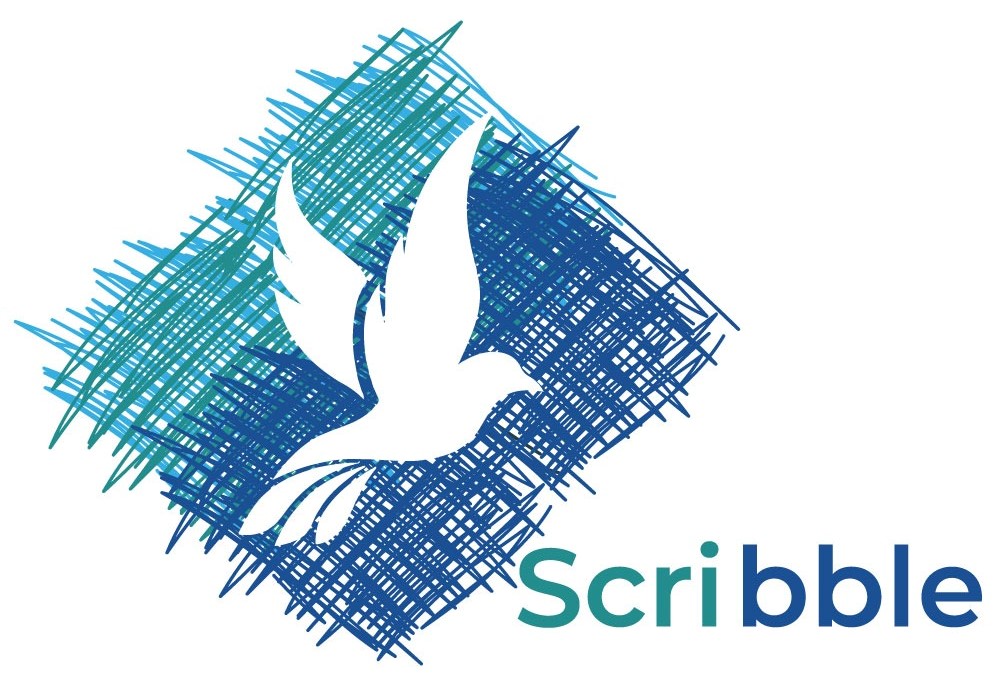The National Disability Insurance Scheme (NDIS) involves actively participating in support services for Australians with disabilities. Among the various services trusted support providers provide, counselling is one of the most important. It is meant to provide participants with emotional support, coping strategies, and guidance. If you’re passionate about making a difference and considering a career as an NDIS counsellor in Melbourne, this guide highlights some key points that may take you there.
What Does an NDIS Counsellor Do?
An NDIS counsellor provides emotional support and guidance to participants and their families. The counsellor helps them manage stress, build coping skills, and set personal goals. They usually collaborate with other services, such as a psychosocial recovery coach or support coordinator, for the full care package. The ultimate focus tends to be on allowing clients to lead the best lives possible and connect more effectively with communities.
Steps to Become an NDIS Counsellor
1. Obtain the Required Qualifications
To become an NDIS counsellor in Melbourne, there has to be a recognised qualification in counselling; typically, this involves:
- Diploma or bachelor’s degree in counselling: This foundational step lays down the essentials, such as active listening, empathy, and the use of therapeutic techniques.
- Higher Studies: Many counsellors pursue a master’s degree in specialisations such as mental health, trauma, or family therapy.
- Ensuring Your Course is Recognised: Most providers of NDIS services require you to be in an accredited course by bodies such as the Australian Counselling Association (ACA) or the Psychotherapy and Counselling Federation of Australia (PACFA).
2. Gain Relevant Experience
Relevant experience is the best way to become an effective counsellor in NDIS. Perhaps one of the most effective approaches toward implementing the idea is to start with supervised practice. Most counselling courses consist of internships so that you can gain direct experience under the guidance of a qualified professional. Furthermore, experience with disability services while working or volunteering can be helpful. Direct exposure through people who have a disability is full of insight into the particular challenges of uniqueness, as well as developing those skills that are necessary for generating effective counselling strategies. In addition, NDIA services training will be beneficial in enhancing expertise. Courses and workshops structured according to NDIS principles will also give you an in-depth insight into the specific requirements of NDIS participants.
3. Register as a Counsellor
The next major step is to register with a professional body, especially after you have your qualifications and some working experience. This registration is necessary as it helps you to gain professional recognition and show your commitment and integrity. Joining a professional association, such as the Australian Counselling Association (ACA) or the Psychotherapy and Counselling Federation of Australia (PACFA), is highly recommended. In most of these organisations, you need to be certified and ensure that you adhere to the set standard; this assists in developing and earning the trust of the clients.
4. Develop Key Skills for NDIS Counselling
Counselling in the NDIS also requires specialised skills other than general counselling abilities. You need to have a good understanding of the NDIS framework; familiarity with operational guidelines, funding models, and support services available will help you navigate the system better and help your client. Strong communication skills are also essential. Being flexible and able to communicate clearly and empathetically is crucial as an NDIS counsellor or NDIS psychosocial recovery coach because you will be working with people with varying communication needs.
5. Build a Network and Continue Professional Development
Building a professional network and continuing professional development will be vital in ensuring one’s effectiveness as an NDIS counsellor. By establishing relationships with other professionals, including disability trust support coordinators, you enhance the quality of care you deliver as well as take a more holistic approach to supporting clients.
Conclusion:
In conclusion, counselling with NDIS is indeed one of the most rewarding careers, combining specialised knowledge in a particular area, experience in practice over time, and also a commitment to ongoing learning. These steps will ensure you are adequately prepared to support individuals with disabilities, making a meaningful impact on their lives. Good networking with continuous development will ensure you can offer the best possible care. Launch yourself on this journey towards becoming a go-to person as support in the NDIS community.
Read More: The Power of NDIS Counselling: How It Transforms Lives Beyond Therapy
